Peripheral Neuropathy - What you NEED to know!
Peripheral neuropathy is such a complex subject, that it is very common to become overwhelmed.
At Foot HQ, we created this brief overview to help clear up some of the confusion.

To be formally diagnosed, your podiatrist will first perform nerve and blood flow examinations – all of which are non-invasive!
Simple examinations performed in minutes along with a thorough medical history check can confirm whether or not you have neuropathy.

So… You might be wondering, how serious is it? The short answer is VERY SERIOUS.

Neuropathy is permanent. The debilitating effects of neuropathy are broad. Anything from disability and deformity to ulcers and amputations start with neuropathy.
However, many complications are treatable. So although you may be able to prevent it getting worse, you won’t be able to get rid of it once it has set in.
There is no know cure for neuropathy, so the basis of treatment is usually addressing the underlying cause such as Diabetes. However, there are a host of agents available to treat neuropathic pain, including antidepressants, antiepileptic medications, antispasmodics and a variety of other treatments (including topical analgesics).
It’s also important to treat the symptoms of neuropathy on your feet. This might mean treating corns and calluses that have developed from new walking patterns, muscle strengthening exercises or shoes with a specialised insole.
If you’re experiencing neuropathy, that means you have a limited ability to detect any cuts or wounds on your feet. We recommend a daily check of your feet to greatly reduce your risk of complications like infections.
Other safety measures you can take include:
- Avoid being barefoot as much as you can. Wear shoes outside as well as inside the house.
- Choosing comfortable, well-fitted shoes that do not have stitching on the inner lining.
- Dry your feet after a shower or bath thoroughly before putting on socks or shoes.
- Apply a moisturiser containing urea daily if you have hardened callused skin.
- Avoid walking on hot sand or cement, or putting your feet close to heaters or fires for too long.
- Avoid cutting your own toenails, in order to not accidentally cause a skin tear. See a Podiatrist where necessary.
- Staying aware of any new or unusual symptoms (to report to your podiatrist and GP) even if you think they may be insignificant.
At Foot HQ perform annual foot assessments that check the severity of your neuropathy. This allows us to stay up-to-date on the disease progression.
For more information about annual foot assessments call us on (02) 8520 8818 or press the BOOK NOW button on the navigation bar to reserve a consultation time with a professional.


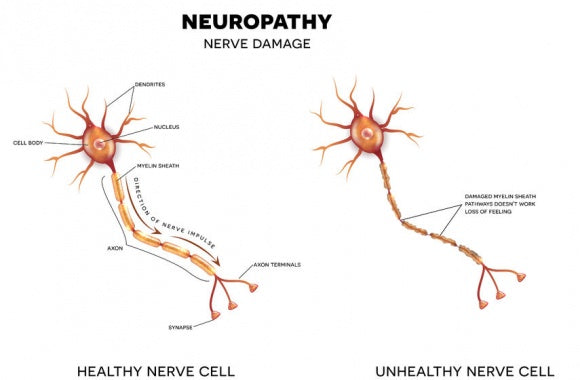
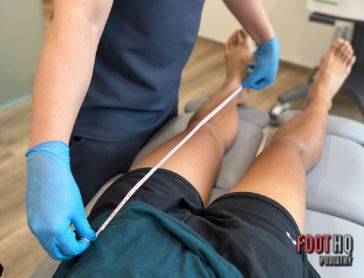
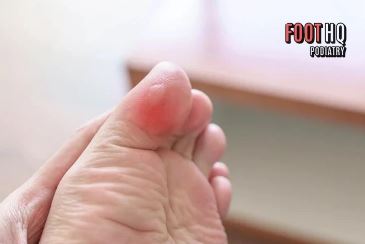
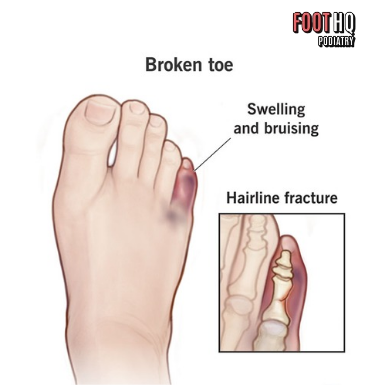
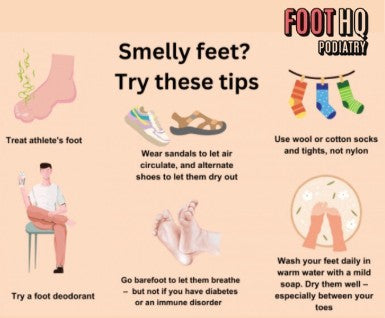
Share: